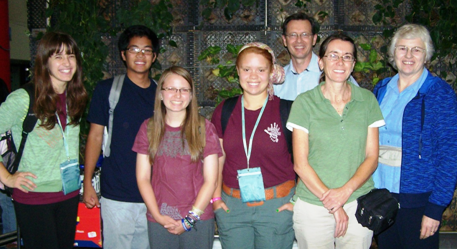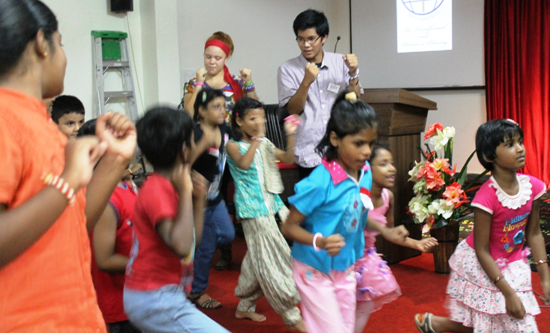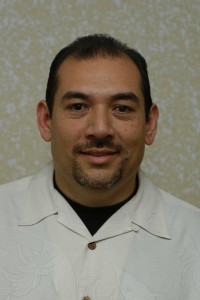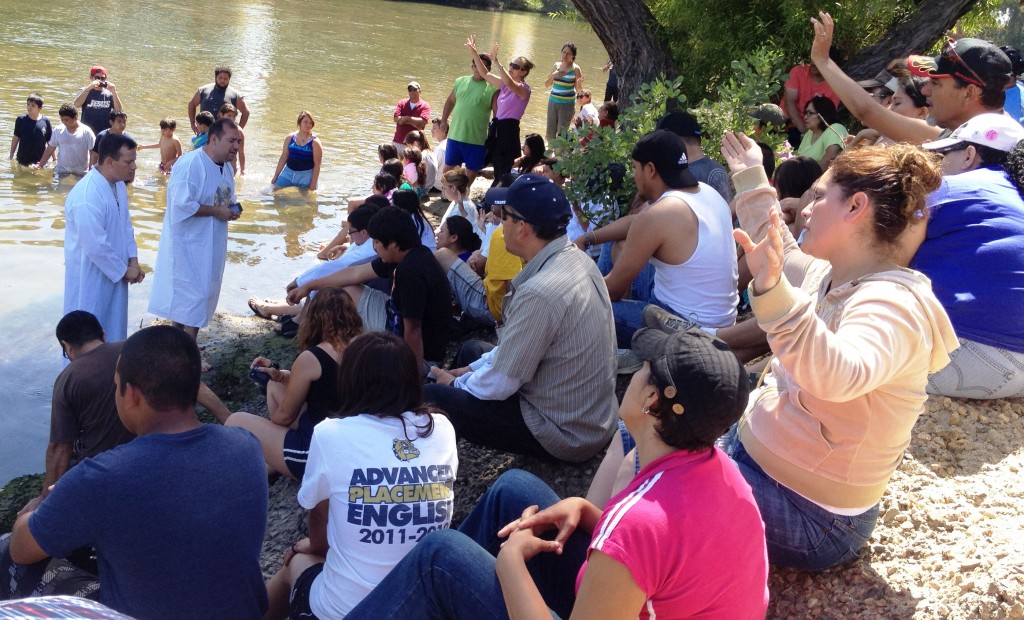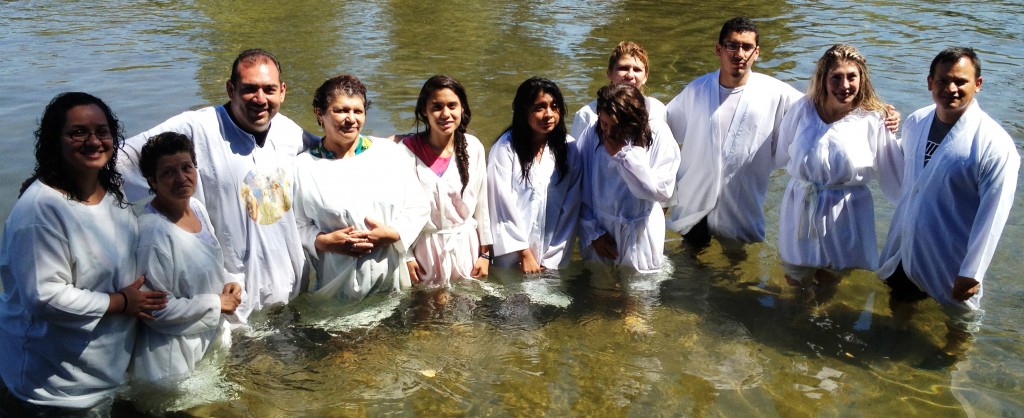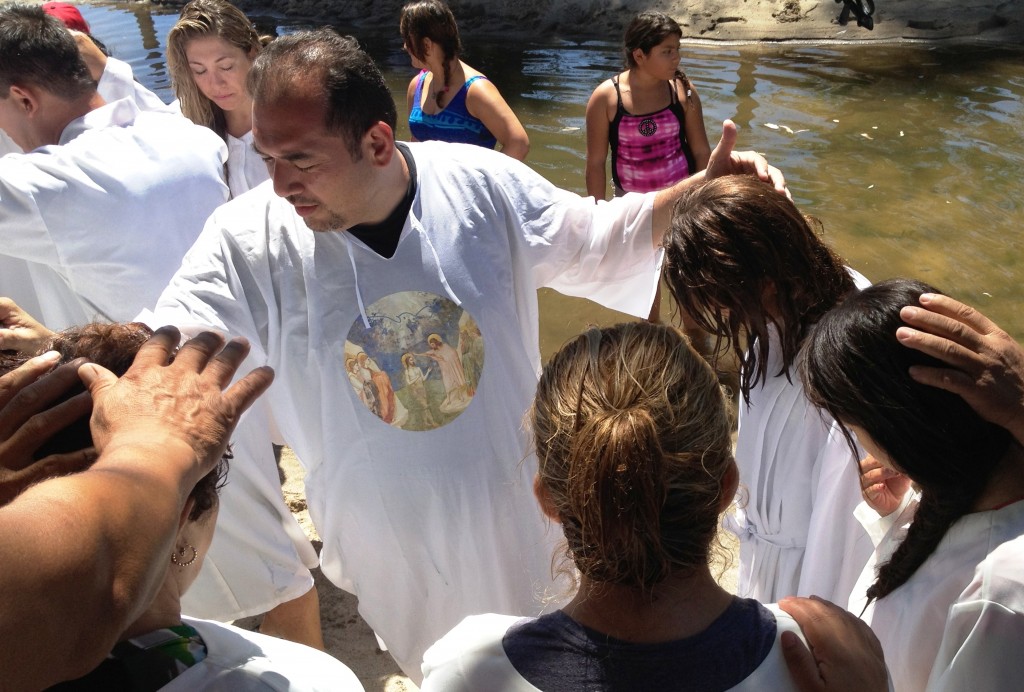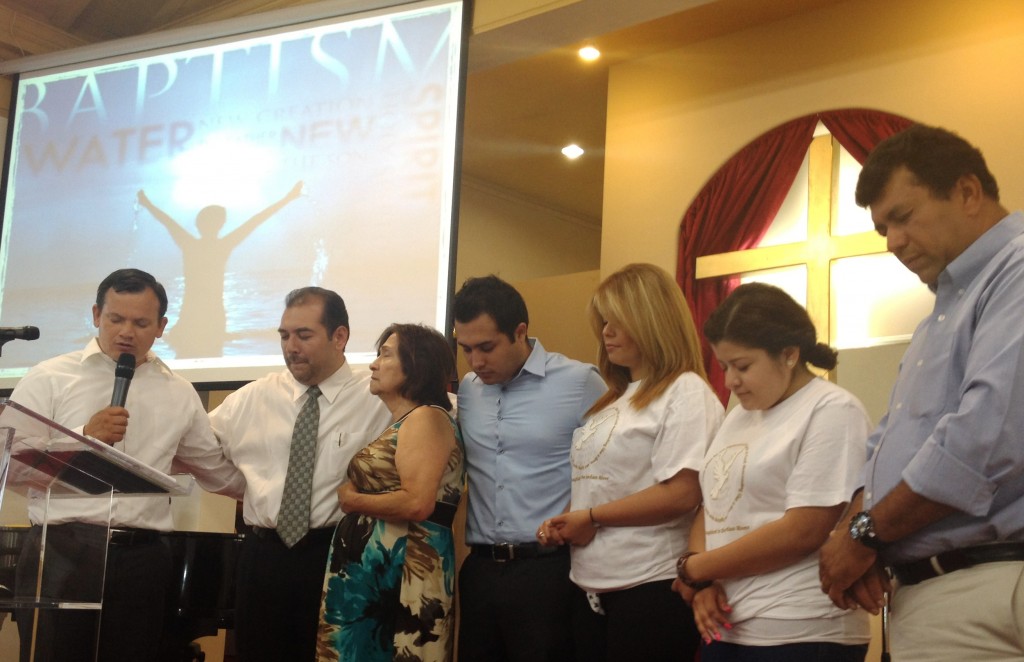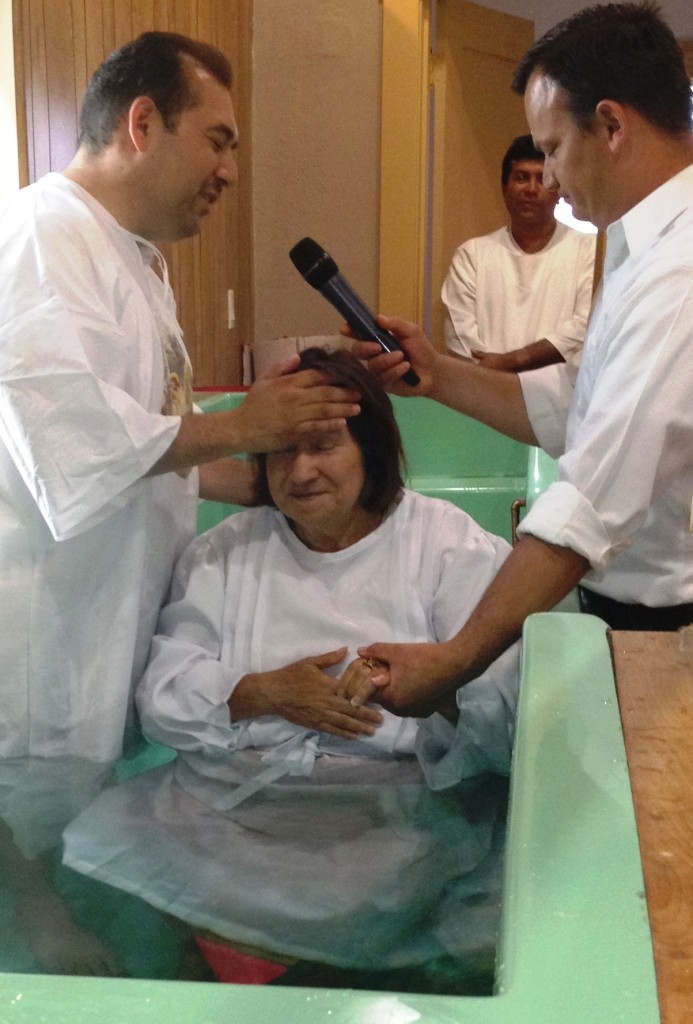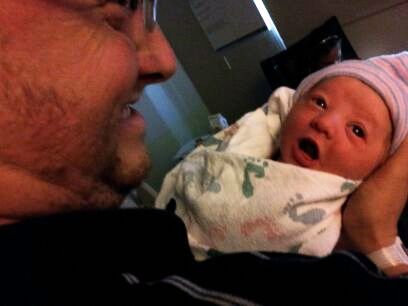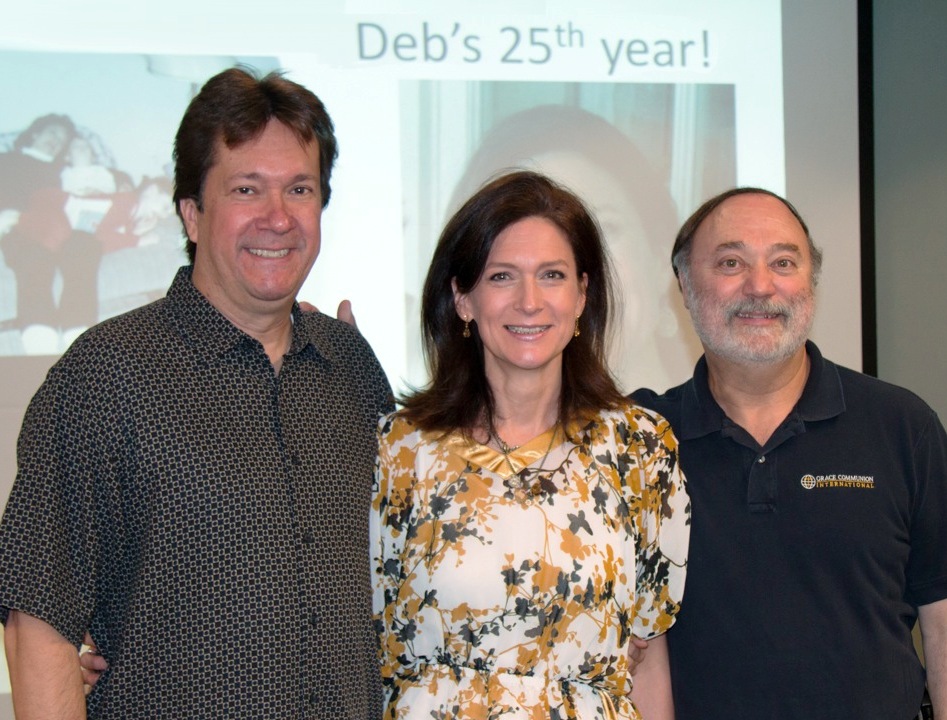Dear Brothers and Sisters in Christ,
 Recently, in an interview given a few days before he died, the former archbishop of Milan, Cardinal Carlo Maria Martin, said the Catholic Church is “200 years out of date.” The 85-year-old cardinal, who was once considered a possible successor to Pope John Paul II, accused his church of being pompous, bureaucratic and failing to move with the times. “Our culture has aged, our churches are big and empty… our rituals and our cassocks are pompous,” Martini said, adding, “The Church must admit its mistakes and begin a radical change, starting from the pope and the bishops.”
Recently, in an interview given a few days before he died, the former archbishop of Milan, Cardinal Carlo Maria Martin, said the Catholic Church is “200 years out of date.” The 85-year-old cardinal, who was once considered a possible successor to Pope John Paul II, accused his church of being pompous, bureaucratic and failing to move with the times. “Our culture has aged, our churches are big and empty… our rituals and our cassocks are pompous,” Martini said, adding, “The Church must admit its mistakes and begin a radical change, starting from the pope and the bishops.”
As you can imagine, this made headlines in the Catholic world. Some cheered while others were horrified. Thankfully, it is not for me to judge the issues, or even express an opinion. But it does highlight a problem that all of us who are interested in the Christian message must face.
Martin Luther once observed that if you are not preaching the gospel in the context of your times, you are not really preaching the gospel. However, it is hard for us to change what has been called our worldview —the most fundamental assumptions we live by to make sense of our lives. Our worldview shapes the way we view all things, including theology. When others view a biblical passage from a perspective different than our own, it is easy for us to become judgmental. If we’re not careful, our worldview can prevent us from seeing things from the other person’s perspective, and even from God’s.
I am reminded of a brilliant little book by C.S. Lewis titled The Great Divorce. The book is an allegory, not a doctrinal exposition (in that way it is like The Shack by William P. Young). Lewis imaginatively describes a day-long bus trip that people in hell are given to heaven as an opportunity to change their perspective. The narrator, who is on the bus, meets a number of individuals along the way. He observes several conversations and discovers that some people are so sure that they know what God’s love looks like that their deeply held worldview prevents them from recognizing the reality of heaven. It is as if they are attached to a ball and chain that holds them back from embracing the reality that stands right in front of them and is being offered to them.

Those opposing change in the church often use tradition as their reason, citing as authority the writings of the early church fathers. Though we should respect such tradition, we need to understand the worldview that shaped it. Consider Augustine of Hippo, one of the most influential church fathers. In 354, he was born into a world quite different than the one encountered by the first Christians. As a theologian and philosopher, he engaged Judeo-Christian religious and scriptural traditions together with a dominant worldview in his day–the Greek philosophical tradition. His thinking is set forth in his widely read autobiographical book Confessions–one of the most celebrated conversion accounts in all of Christian literature.
Several years ago, I decided to read Confessions. It is not easy reading, and frankly, I don’t remember much of it. But what did lodge in my memory is how Augustine used his life to illustrate how a person can be saved from a mistaken worldview. He came out of a cult–the Manicheans–and rejoiced in his change of perspective. I really identify with that, and I think many of you are with me in this. While Augustine may not have gotten everything right when he left the cult and became a Christian, I celebrate that he was on a journey similar to our own.
Augustine was not a “flaming liberal,” bent on undermining the truth. He had a deep respect for tradition, but he also realized that the church must adapt to changing times. In his day, the Roman Empire was beginning to fall apart, a fact that would have a major impact on the church. Like Paul, three centuries before, Augustine was able to look at the situation from more than one perspective. The challenge then–as now–was to move with the times so that the church did not stagnate or disintegrate. But this must be done carefully, so that the integrity of the gospel message is not compromised.
The church in every age and in every “branch” is presented with the same challenge: to discern the social-cultural-intellectual soup we swim in and see if our faith and life as the church has been compromised by our surrounding worldview. Then we need to figure out how to get free of our captivity, leaving it behind, while holding onto what was good and faithful in the past even while making changes to move forward in even deeper faithfulness. This will mean that the church will always need to be ready to repent as well as to grow in faith and hope and love for God in Christ.
In the midst of our repenting and being renewed in faith, differences, even among Christians, will arise. Some will be minor, while others may be major. Some will, unfortunately even result in division within the Christian church. While we cannot give up on the need to be discerning about what to let go of and what to cling to, we need not be self-righteous about our own convictions. We can offer them trusting that others will one day see what we see, or that we’ll come to a better understanding ourselves. We can be patient and kind, recognizing that these conflicts and differences are relatively minor when compared to the majesty of the glorious message of hope that is the gospel and the reality of the grace of God in Jesus Christ continually offered to all–not to just a select few.
And we can count on Jesus’ promise that God will not leave us on our own to figure it out by ourselves. At the Last Supper, he told his first disciples, “I have much more to say to you, more than you can now bear. But when he, the Spirit of truth, comes, he will guide you into all the truth” (John 16:12-13).
God has led us on a wonderful journey, out of the maze of legalism and even self-righteousness, into a clearer understanding of what the Christian life is all about. I pray that all of us in Grace Communion International will continue to follow the lead of the Holy Spirit as he continues to guide us into all the truth. But let’s also remember that does not make us superior, or in any way better than others.
With love, in Christ’s service,
Joseph Tkach
P.S. We have just commemorated the 11th anniversary of 9/11–the terrorist attacks on the U.S. that occurred on September 11, 2001. We were reminded that the events of that day rocked the entire world, shaping the worldview of generations born in the U.S. and abroad, both before and after that tragic day. As we know, many families continue to suffer the consequences of 9/11 and its aftermath (which includes two wars). Our prayers are with them as they grieve loss and recover from injury and illness.


